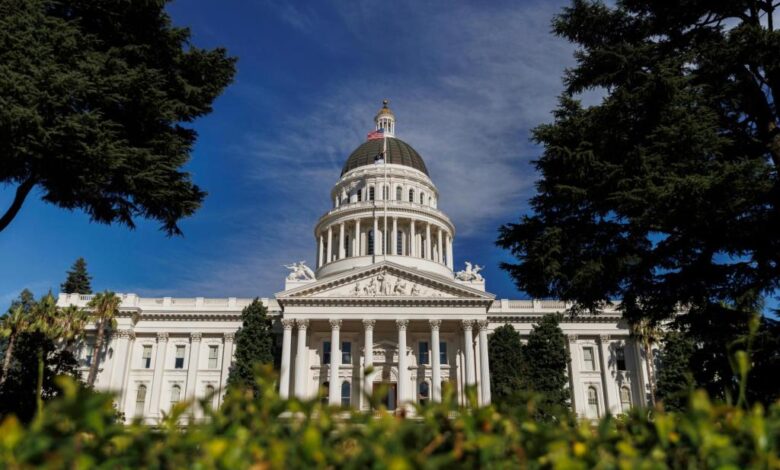Who really pays for trips by lawmakers? – Daily News


It’s not that we begrudge California legislators wishing to take some time off from their work in Sacramento.
In fact, in a better world, they would take a lot more time off, becoming part-time “lawmakers” in short yearly — perhaps every-other-yearly — sessions in which there would still be plenty of time to take care of the people’s business, returning to their districts for most of the time to serve as veterinarians and florists and in other regular-people jobs like the rest of us, subject to the pleasures and problems other Californians face.
But yes, vacations they should get, like at least some of the rest of us.
But very few of us are afforded what members of the Assembly and the state Senate often get, thanks to their jobs: “sponsored travel.”
Such trips can run the gamut from old-fashioned junkets of dubious value to constituents but plenty of mai tais for politicians to actually important “fact-finding” out-of-state journeys, the commonality of which is that they are paid for by companies or organizations with, as it were, a dog in the fight.
There have been commendable efforts to reform sponsored travel over the years, and that’s a good thing.
But now, the nonprofit news site CalMatters reports, “A law meant to let the public know who is paying for California legislators’ sponsored travel is falling short, according to a new audit by the state’s campaign finance watchdog agency.”
The investigation contains a shocking disclosure, one that speaks volumes about apparent good intentions and the actuality on the ground: “The Fair Political Practices Commission audit followed CalMatters’ revelations that a 2015 law requiring such trip organizers to annually disclose their major donors had been used only twice in seven years — despite interest groups paying for millions of dollars in travel for lawmakers during that time.”
Twice. Suffice it to say that there have been more junkets — er, important travel in the service of Californians’ needs — than two.
And that’s not necessarily because, investigators say, there’s any subterfuge here. It’s that the dollar amount to create a reporting threshold is too high.
“It can create gaps in reporting, as some organizations with significant donor activity may not meet the threshold and remain exempt from disclosure,” the commission’s audit division wrote in its findings.
The issue is not so much about elected officials being secretive. All California electeds are allowed to accept unlimited free travel from nonprofit organizations so long as the trip has to do with policy issues affecting the state, or they are giving a speech or serving on a panel.
The issue is that except on very rare occasions the organizations hosting the officials are not required to say where their own funding comes from. And quite often those monies come from corporations, unions and industry associations that lobby the Legislature and other electeds. Critics rightly say that this amounts to the ability for those companies and groups to get their positions in front of decision-makers without having to do so in public.
That’s why the state auditors recommend “switching to a system in which trip organizers file the disclosure form if they exceed a flat amount of travel payments in a given year” rather than having to reach the current threshold in which expenses “related to elected officials account for at least one-third of the nonprofit’s total expenses,” CalMatters reports.
“I do think it would be great to just make this a lot cleaner,” said Commissioner Catharine Baker, who voted for the law when she served in the Assembly in 2015. She also warned regulators to consider what other loopholes might get created: “Water goes where it can creep through, even with the well-intentioned folks.”
But that change would have to be approved by the Legislature, whose members get the benefits of the travel. After the initial CalMatters story last year, such a bill was introduced — and then was killed in committee for undisclosed reasons.
It’s time legislators come clean about who is really paying for their trips and lobbying them. A member could reintroduce the bill — and then campaign on its virtues.




